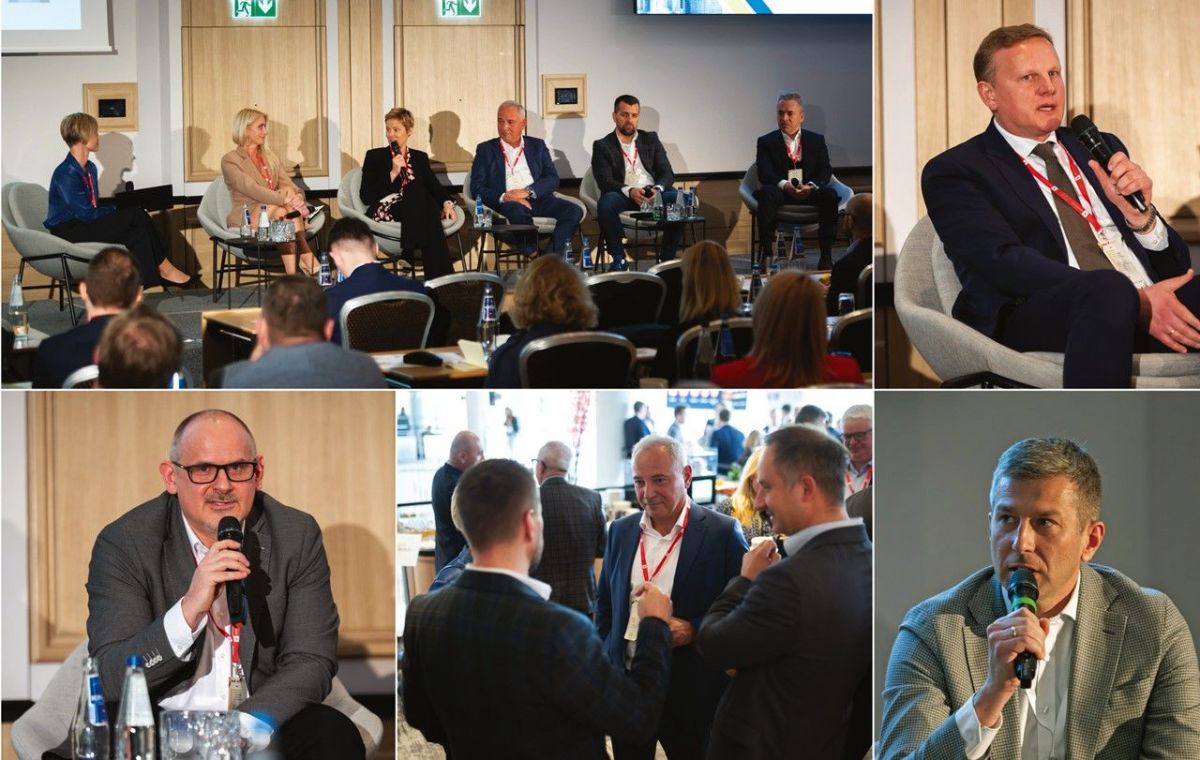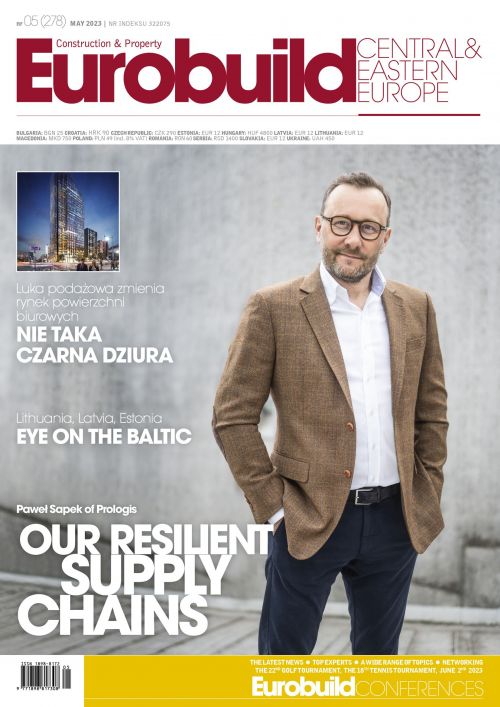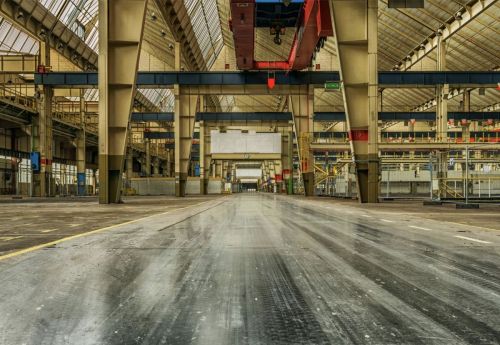Around 170 people were in attendance at the Radisson Hotel in Warsaw on a sunny April 20th to find out all they could about the current state of the real estate market in our part of the world. The 9th Invested Interest Investment Market Conference got underway with a short presentation on the situation for investment in Europe and in particular in the CEE region, which was provided by Mateusz Skubiszewski, the head of capital markets at BNP Paribas Real Estate Poland. “The situation is not so bad because, despite everything, we saw investment volumes of more than EUR 10 bln in the CEE region last year. Moreover, countries like Romania and Slovakia actually broke their investment records, which is a good sign for the region as it shows that money is still pouring in,” pointed out Mateusz Skubiszewski.
The discussion that followed featured investors, a lawyer and a banking representative. “Poland is in a similar situation to Western European countries. There’s a lot of uncertai





























































